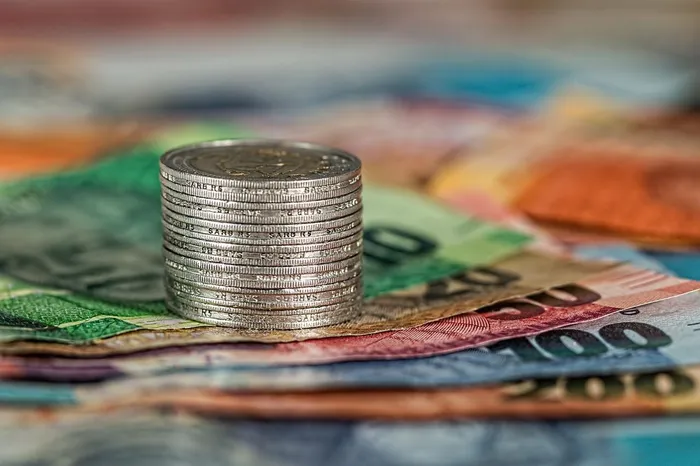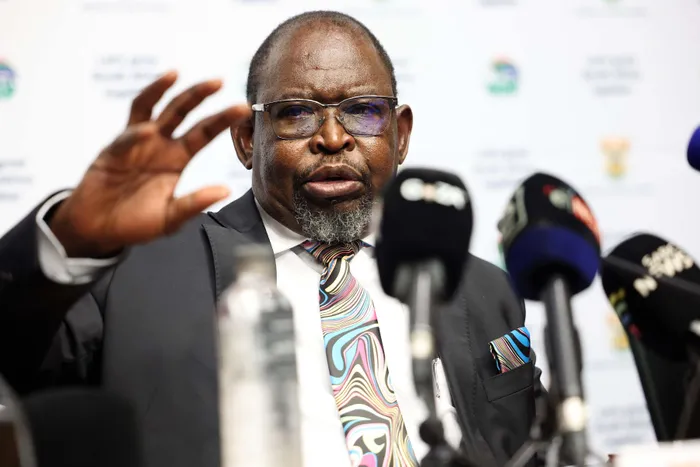2025 budget will prove reassuring to financial markets, economists say

Finance Minister Enoch Godongwana has taken a prudent approach towards fiscal consolidation.
Image: Pixabay
Markets are expected to react positively to the third, and likely final, version of the 2025 Budget, announced by Finance Minister Enoch Godongwana on Tuesday.
The Budget proposes a 15 to 16 cent increase in fuel levies, as well as cutting back on some of the new spending proposed in previous iterations of the Budget, notably infrastructure and frontline services.
However, economists are viewing it as positive in terms of maintaining fiscal consolidation.
To that end, the budget deficit is expected to narrow over time, to -3.2% by 2027/28, with the primary surplus rising to +2.1% over that period, while the debt-to-GDP ratio is anticipated to peak this year at 77.4%.

Finance Minister Enoch Godongwana.
Image: GCIS
The South African rand firmed marginally, following the Budget Speech presented at 2pm, appreciating from R17.95 to R17.92 to the US dollar shortly thereafter, however, markets will be eyeing President Cyril Ramaphosa’s crucial meeting with US President Donald Trump later today (early evening in South Africa) for further direction.
“The confirmation of government’s commitment to fiscal consolidation, with the debt-GDP ratio peaking this year and bond issuance kept unchanged, should provide some reassurance to financial markets, as we expected,” said Dr Elna Moolman, Standard Bank’s head of SA macroeconomic research.
“The abovementioned macroeconomic policy reviews and fiscal reforms, alongside ongoing traction with Operation Vulindlela’s growth-supportive reforms, also underpin likely fiscal and growth improvements in the medium term.”
However, investors remain concerned about adverse fiscal and growth risks, Moolman added.
Old Mutual’s chief economist Johan Els described the new budget as a “market friendly” improvement over the previous two attempts.
“In my opinion it was a credible budget, continuing in the vein of fiscal consolidation.”
“Although the debt to GDP ratio peaks a touch higher than what we had expected before, it still peaks this year,” Els added.
However, it’s possible that investors will remain wary of yet another increase in the debt-GDP trajectory, Moolman added.
“This limits the potential positive financial market impact from any positive fiscal developments.”
Godongwana said that further tax increases were anticipated for the 2026 Budget, but these were not elaborated on as improved tax collection, in the coming year, could deem these unnecessary.
As it stands currently, tax increases would need to plug an additional hole of around R20 billion, in the fiscus, from next year.
Get your news on the go, click here to join the IOL News WhatsApp channel
IOL
Related Topics: